Established in the year of 1996, the department has qualified and well experienced faculties, technical assistants, Laboratories as per AICTE and ANNA university requirements. The department is offering UG- Mechanical Engineering from 1996 and PG-Energy Engineering from 2012 and Ph.D/M.S(By Research) from 2013 onwards in affiliation with Anna University, Chennai. Students are trained in engineering theory and practice, state of art equipments and software in order to cope up with the latest technological advancement and to face the challenges of Competitive global environment.
VISION
To establish as a centre of excellence in the field of Mechanical Engineering in academics, research and development and serve the society by moulding the rural students as engineers to meet the challenges of the industry.
MISSION
● To ensure high quality Mechanical Engineering education to rural students by providing excellent academic environment.
● To develop professional skills through Student centric initiatives and industry interaction
● To prepare students for higher Education, research and Innovation
● To make globally competent and socially committed Mechanical engineers with moral and Ethical values as per the expectation of the Industry
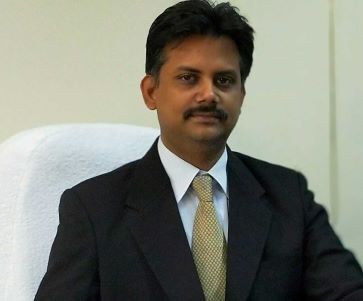
Welcome to the Department of Mechanical Engineering at A.V.C . College of Engineering,
It gives me immense pleasure to lead a department that is committed to shaping young minds into competent, innovative, and socially responsible Mechanical Engineers. At the heart of our department lies a clear vision — to be a centre of excellence in mechanical engineering education, research, and development, with a strong focus on empowering rural students to meet the evolving challenges of the industry.
We are dedicated to delivering high-quality education in a supportive and intellectually stimulating environment. Our mission reflects our deep-rooted commitment to holistic student development. Through student-centric initiatives, industry collaborations, and experiential learning, we ensure that our students not only acquire technical expertise but also develop critical thinking, creativity, and leadership skills.
The department encourages innovation, research, and higher education, preparing students to contribute meaningfully to technological advancements. We also place a strong emphasis on instilling moral and ethical values, shaping our graduates into socially committed engineers who can thrive in a global context while staying rooted in integrity and compassion.
As we continue to grow and evolve, we aim to build a vibrant academic community that fosters curiosity, resilience, and excellence. I warmly welcome all aspiring engineers to be part of this exciting journey and assure them of our unwavering support in achieving their academic and professional goals.
Professor/Head
| Name | Qualification | Designation |
|---|---|---|
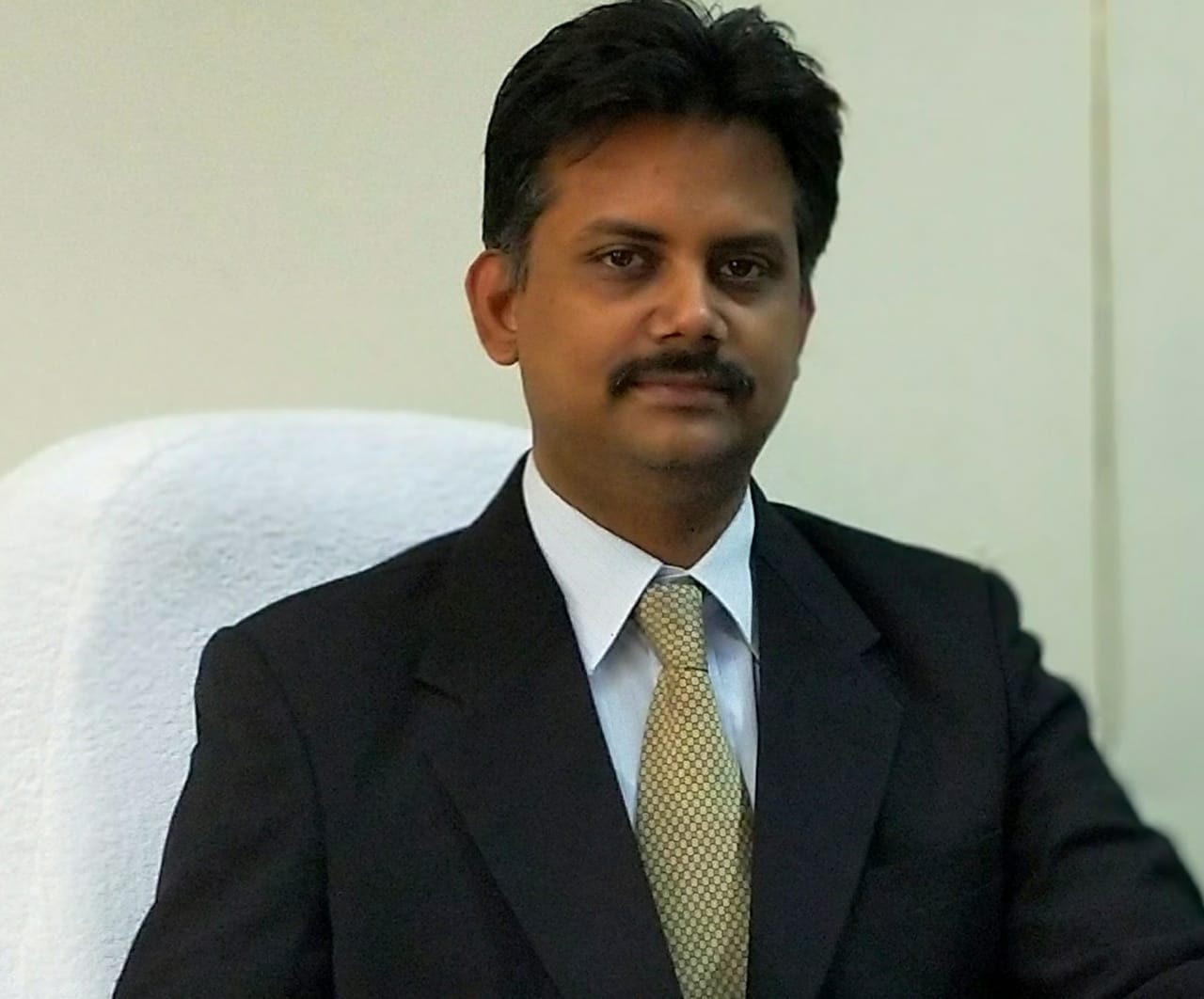 Dr. S. Vijayaraj
Dr. S. Vijayaraj
|
M.E., Ph.D. | Professor/Head |
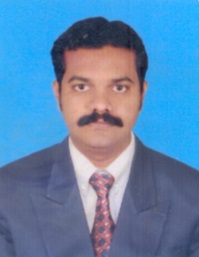 Dr. A. Balaji
Dr. A. Balaji
|
M.E., Ph.D. | Associate Professor |
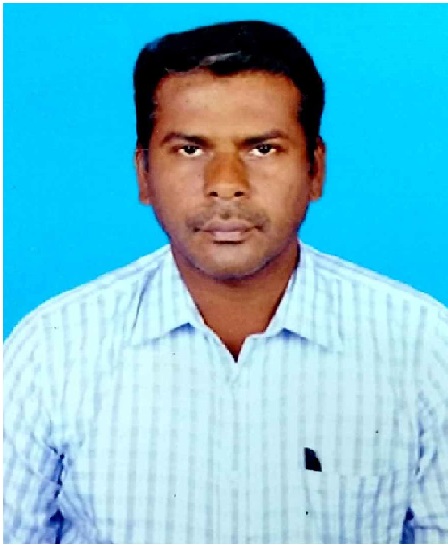 Dr. A. Haja Maideen
Dr. A. Haja Maideen
|
M.E., Ph.D. | Associate Professor |
 Dr. S. Rajkumar
Dr. S. Rajkumar
|
M.TECH., Ph.D. | Assistant Professor(Sl.Gr) |
 Dr. R. Saravanan
Dr. R. Saravanan
|
M.E., (Ph.D.) | Assistant Professor |
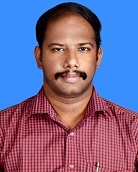 Mr. S.K. Ayyappan
Mr. S.K. Ayyappan
|
M.E., (Ph.D.) | Assistant Professor |
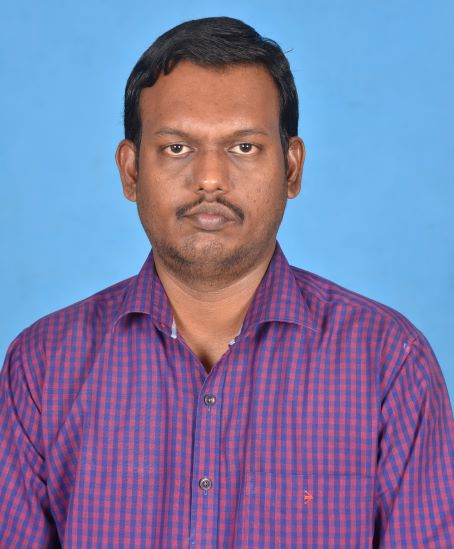 Mr. S.S. Nivas
Mr. S.S. Nivas
|
M.E., (Ph.D.) | Assistant Professor |
 Mr. R. Purushothaman
Mr. R. Purushothaman
|
M.Tech., (Ph.D.) | Assistant Professor |
| Name | Qualification | Designation |
|---|---|---|
 Mr. K. Sivaramakrishnan
Mr. K. Sivaramakrishnan
|
M.Tech. | Project Assistant - SERB |
| Name | Qualification | Designation |
|---|---|---|
 Mr. A. Panneer Selvam
Mr. A. Panneer Selvam
|
M.E. | Foreman i/c |
 B. Sivakumar
B. Sivakumar
|
- | Technical Assistant |
 Mr. S. Santhosh
Mr. S. Santhosh
|
B.E. | Technical Assistant |
 Mr. B. Viswanathan
Mr. B. Viswanathan
|
D.M.E. | Technical Assistant |
 Mr. G. Vijayakumar
Mr. G. Vijayakumar
|
D.M.E. | Technical Assistant |
 Mr. S. Sankar
Mr. S. Sankar
|
ITI, M.A., M.L.I.S. | Mechanic |
 Mr. S. Baskaran
Mr. S. Baskaran
|
- | Office Assistant |
 Mr. K. Shanmugam
Mr. K. Shanmugam
|
ITI | Welder |
Programme Educational Objectives (PEOs)
PEO 1:Graduates will contribute to the industrial and societal needs in line with recent developments using knowledge acquired through basic engineering education and training in modern tool usage
PEO 2:Graduates will be able to demonstrate technical knowledge and skills in their career with systems perspective, analyze, design, develop, optimize, and implement complex mechanical systems
PEO 3:Graduates will be able to work in multidisciplinary environment developing complex mechanical systems.
PEO 4:. Graduates will work as a team or as an individual with utmost commitment towards the completion of assigned task using apt communication, professional ethics, technical and management skills.
PEO 5:Graduate will recognize the importance of professional development through lifelong learning of evolving technologies
Programme Outcomes(POs)
1. Engineering knowledge: Apply the knowledge of mathematics, science, engineering fundamentals and an engineering specialization to the solution of complex engineering problems.
2. Problem analysis: Identify, formulate, review research literature, and analyze complex engineering problems reaching substantiated conclusions using first principles of mathematics, natural sciences, and engineering sciences.
3. Design / development of solutions: Design solutions for complex engineering problems and design system components or processes that meet the specified needs with appropriate consideration for the public health and safety, and the cultural, societal, and environmental considerations.
4. Conduct investigations of complex problems: Use research-based knowledge and research methods including design of experiments, analysis and interpretation of data, and synthesis of the information to provide valid conclusions.
5. Modern tool usage: Create, select, and apply appropriate techniques, resources, and modern engineering and IT tools including prediction and modeling to complex engineering activities with an understanding of the limitations.
6. The engineer and society: Apply reasoning informed by the contextual knowledge to assess societal, health, safety, legal and cultural issues and the consequent responsibilities relevant to the professional engineering practice.
7. Environment and sustainability: Understand the impact of the professional engineering solutions in societal and environmental contexts, and demonstrate the knowledge of, and need for sustainable development.
8. Ethics: Apply ethical principles and commit to professional ethics and responsibilities and norms of the engineering practice.
9. Individual and team work: Function effectively as an individual, and as a member or leader in diverse teams, and in multidisciplinary settings.
10. Communication: Communicate effectively on complex engineering activities with the engineering community and with society at large, such as, being able to comprehend and write effective reports and design documentation, make effective presentations, and give and receive clear instructions.
11. Project management and finance: Demonstrate knowledge and understanding of the engineering and management principles and apply these to one‘s own work, as a member and leader in a team, to manage projects and in multidisciplinary environments.
12.,Life-long learning: Recognize the need for, and have the preparation and ability to engage in independent and life-long learning in the broadest context of technological change.
PROGRAM SPECIFIC OBJECTIVES (PSOs)
PSO 1: Apply their knowledge in the domain of engineering mechanics, thermal and fluid sciences to solve engineering problems utilizing advanced technology with professional ethics
PSO 2: Successfully apply the principles of design, analysis and implementation of mechanical systems/processes which have been learned as a part of the curriculum
PSO 3: Develop and implement new ideas on product design and development with the help of modern CAD/CAM tools, while ensuring best manufacturing practices